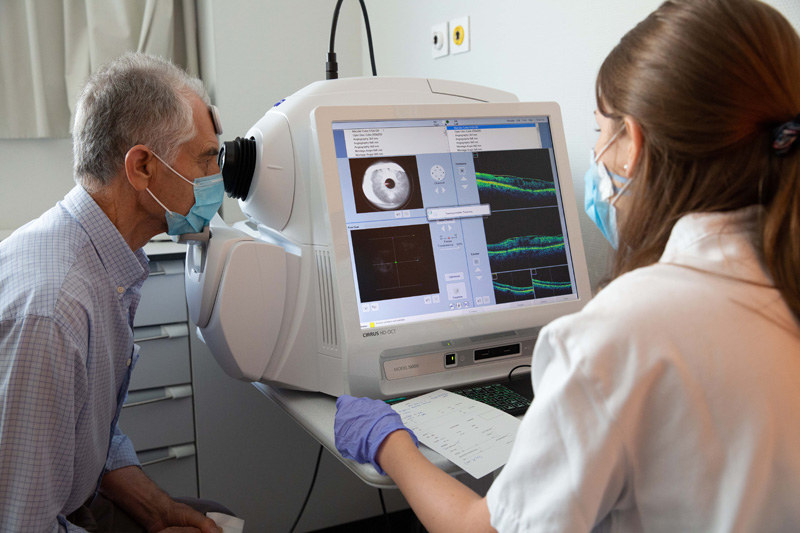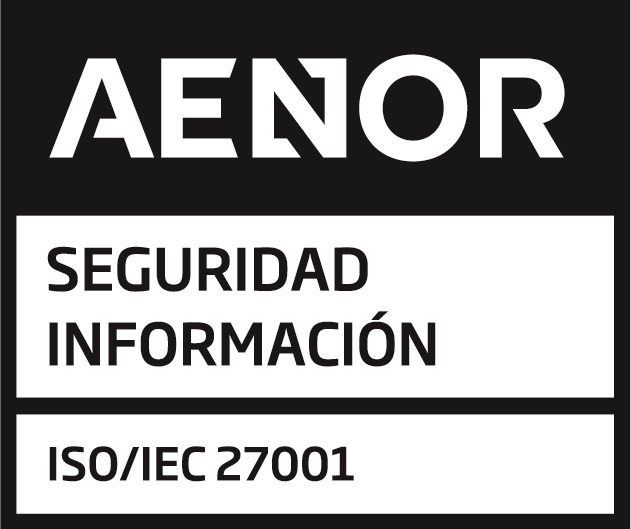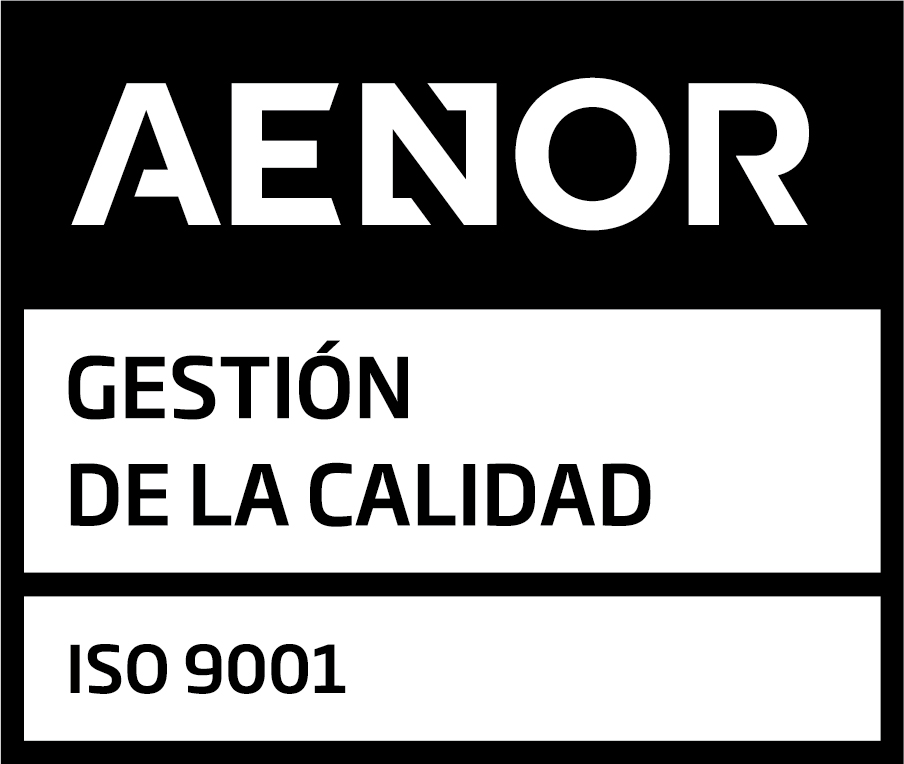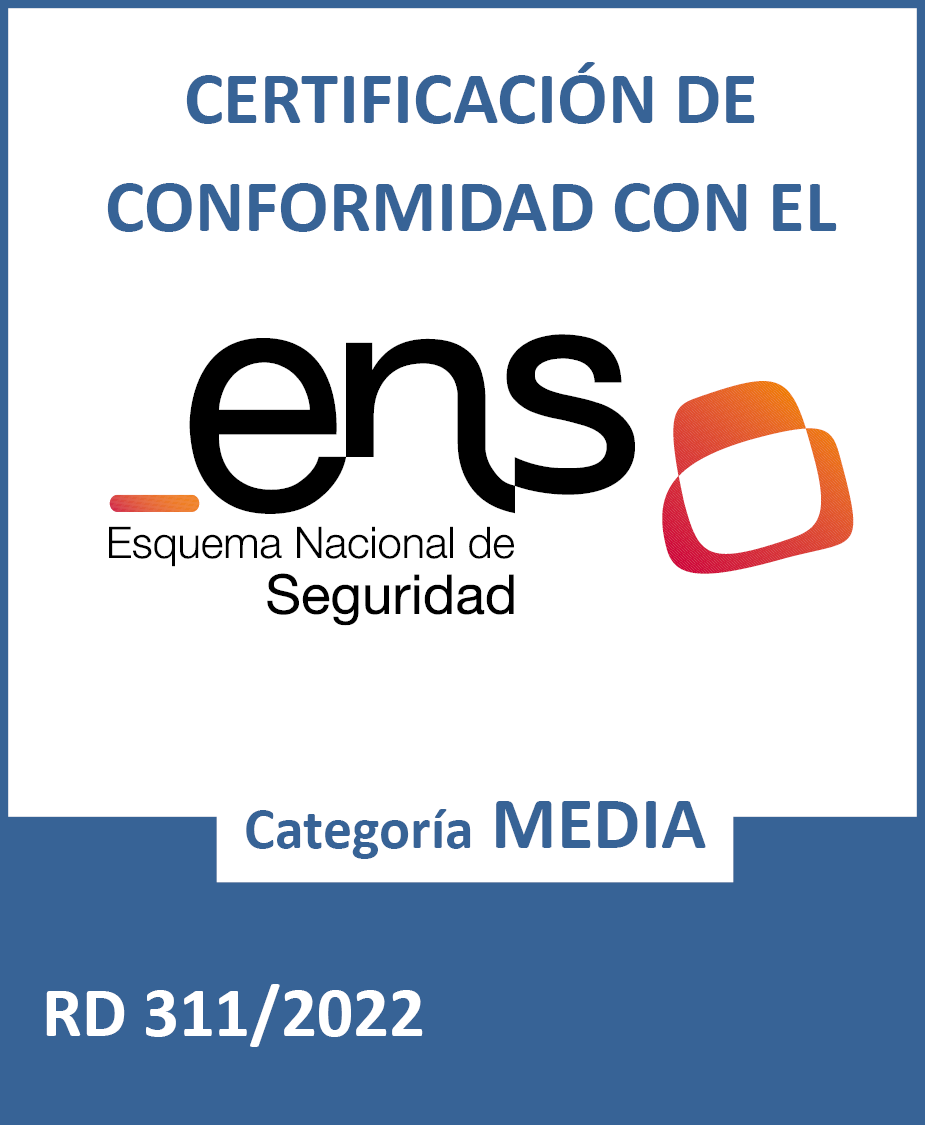AI technology to help patients and doctors
Challenge
Healthcare needs more resources in all areas, in almost every country. The number of new professionals is not keeping pace with the increased demand for healthcare from an aging population with more chronic diseases. Budgets are tight and healthcare professionals are overworked.
“In Spain, we have the same problems as everywhere else,” says Manuel Bosch Arcos, CTO of Ribera. To address the increased demand and costs involved, Ribera has the data and technology to help improve the healthcare systems offered to its patients.
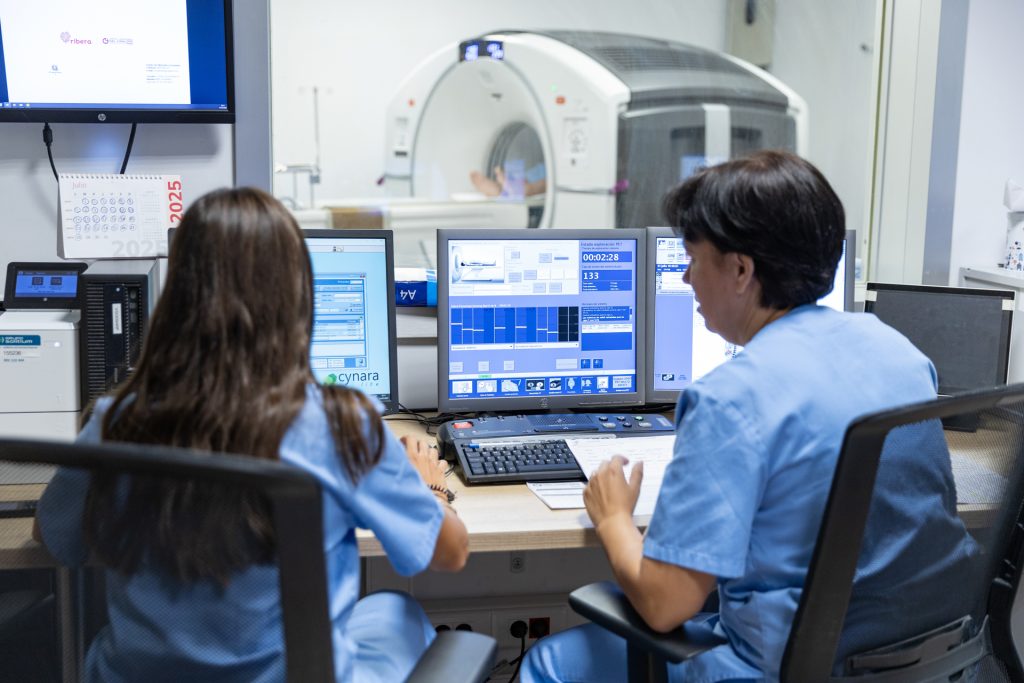
“We have to do more and better with the same resources. We need to be more efficient and provide more value, and a key part of the company is technology,” says Bosch. “We are not a traditional healthcare company. We have contracts with the government based on quality of care, so we can be more innovative. We need solid data to ensure that what we do is good for patients, the company, and the healthcare system.”
Proposed solution
Futurs created the Cynara Citizen portal not only to perform the usual tasks of hospital portals—allowing patients to make appointments, upload lab results, ask questions, or conduct teleconsultations with their providers through Microsoft Teams—but also to coordinate a center management hub with a focus on patient care, where the agents involved can meet to develop a personalized digital health plan for each patient and monitor it correctly.
Ribera’s use of Microsoft tools is multi-layered. It employs Dynamics 365 Contact Center, OpenAI models for generative AI projects, Azure Machine Learning tools for non-generative AI applications, Microsoft Fabric, Dynamics Business Central, and Microsoft 365 Copilot.
Through Cynara Citizen, Ribera professionals can track patients’ health indicators, with a special focus on those with chronic diseases, in order to quickly address problems without having to wait until the next appointment. Some patients with chronic conditions may tend not to take action until their condition worsens to the point of having to go to the emergency room. Through Cynara Citizen, healthcare professionals can remotely check key medical indicators and proactively communicate to the patient what to do to avoid a health emergency.
The app is linked to clinical results through Microsoft Azure, so patients and professionals can access it easily and securely from almost anywhere.
Patients achieve better blood glucose control, avoiding unnecessary trips to the emergency room.
Level 3 patients with the most complex cases of chronic conditions enrolled in the population health management program showed a 23% decrease in emergency room visits and an 18% decrease in readmissions within 30 days, compared to the previous year before the launch of Cynara Citizen.
By seeing in real time if, for example, a diabetic patient has low blood sugar, healthcare professionals can call the patient and get them to react before their glucose levels drop to the point where an ambulance needs to be called or the patient goes into a coma. Patients know the healthcare professionals who are managing their case, so they can send them messages as well as schedule appointments.
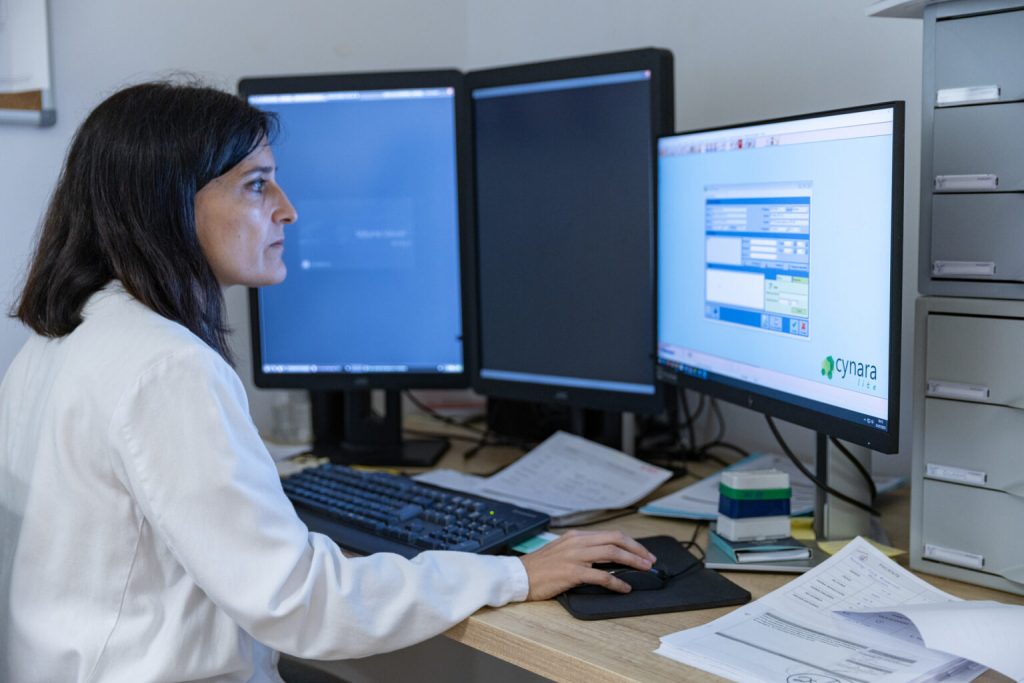
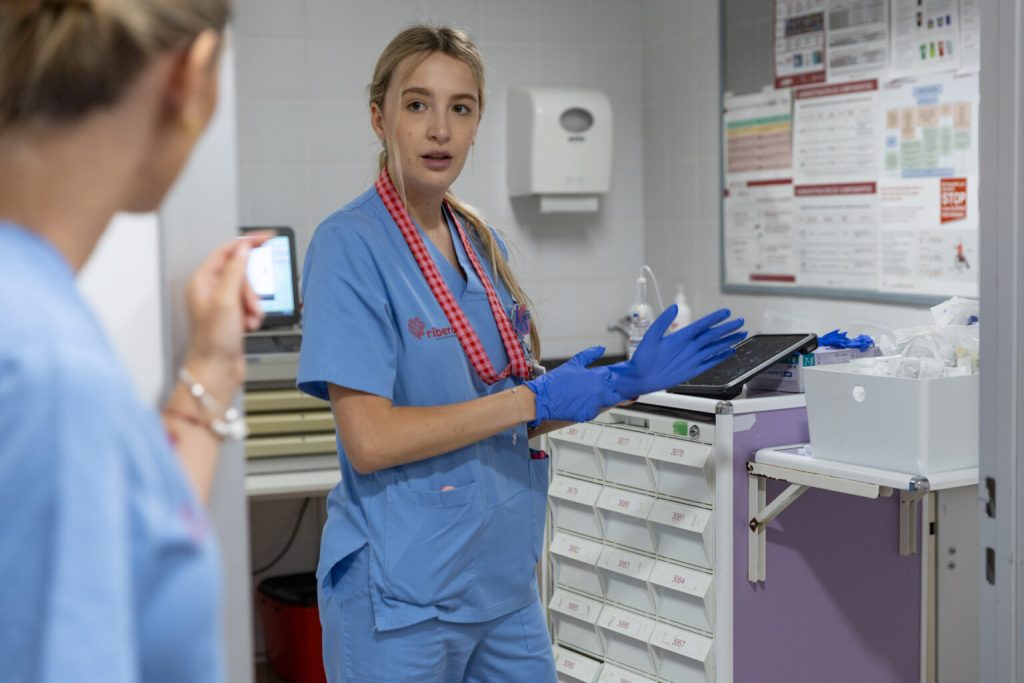
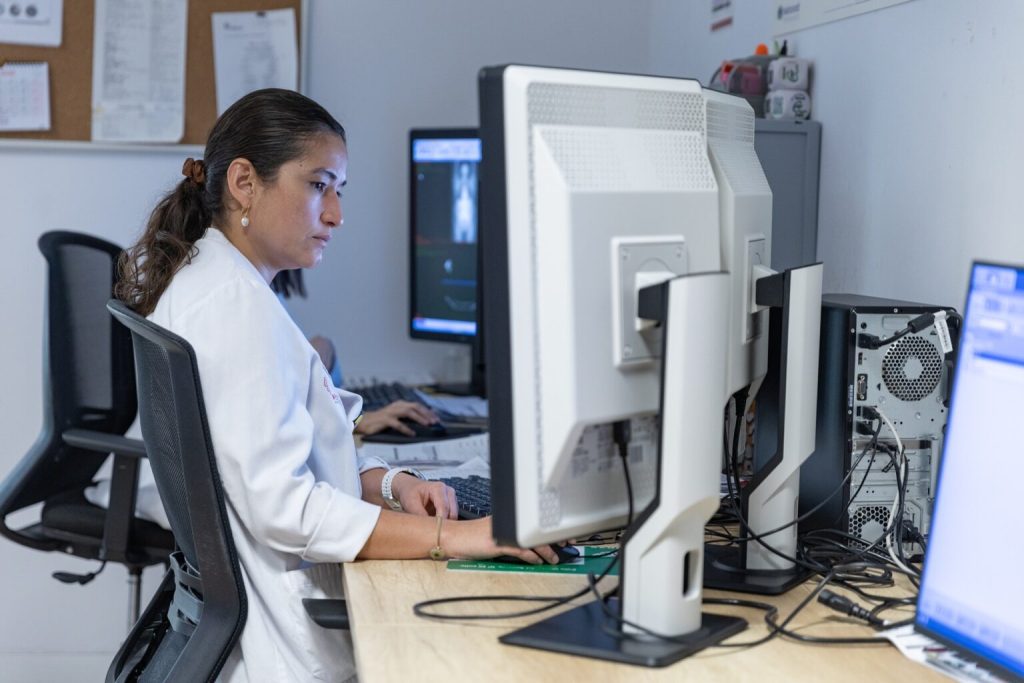
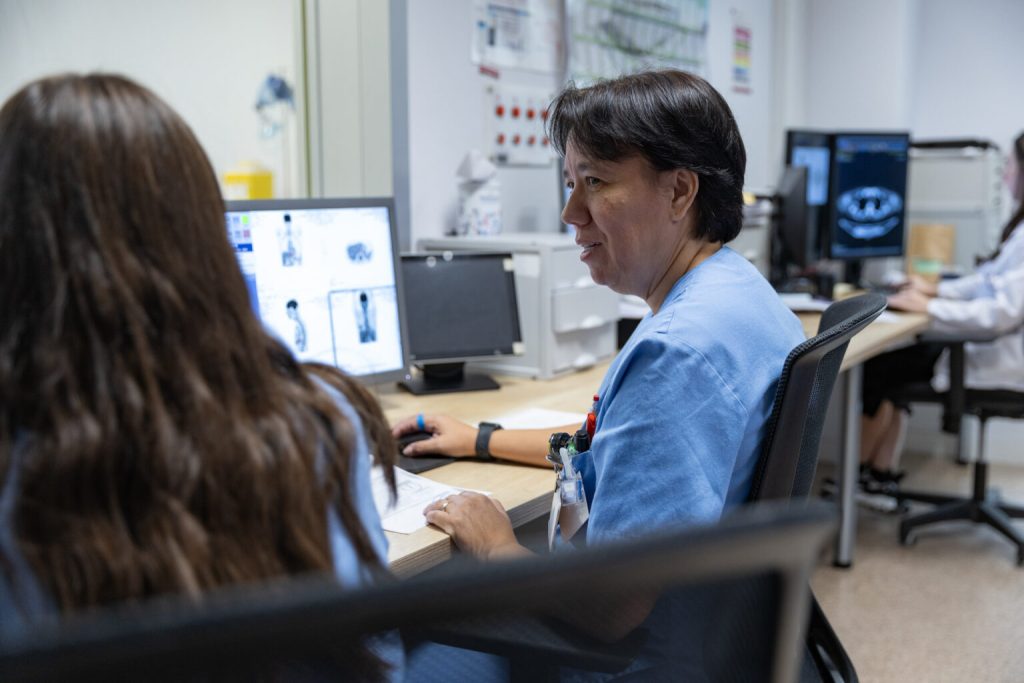
Use of AI
Cynara Citizen is just one of the ways Ribera is using technology. For more than four years, the Ribera group has been actively investing in Artificial Intelligence with three goals in mind: to classify data, refine it for better results, and make predictions. Machine learning is expected to classify information and help both doctors and patients better understand clinical cases, including detecting patterns that indicate a patient is likely to be readmitted to the hospital, so that care can be adjusted accordingly. For example, Ribera developed a model using Azure Machine Learning to identify patients at risk of developing pressure ulcers, a major concern in hospitals. Another model can predict the risk of patient falls.
“The advantage is that by using models, you can collect much more information. Not just five items, but up to 30, using variables that are not easy to find, because they may be in the lab results and it is impossible for a person to collect them manually,” says Mireia Ladios Martín, head of Quality at Ribera. AI tools complement traditional risk identification scales.
For example, the Ribera group wanted to identify patients who might have developed an infection after surgery. To do this, a team of doctors reviewed each patient who underwent surgery and recorded whether they had an infection after 30 or 60 days. Data mining was then used to identify everything related to the infection. The resulting model provides a score for each patient, so those with high scores are identified for closer monitoring to confirm or rule out infection.
Generative AI can also create content. In this area, the Ribera group is exploring several projects to lighten the administrative burden on doctors. One of them uses AI to generate discharge documents for some routine procedures, such as cataract surgery, with the aim of freeing doctors from certain administrative tasks so they can devote more time to actual patient care.
Ribera completely anonymizes the data and works with Microsoft to ensure both data security and the ethical and legal foundations of AI in the healthcare environment. “We must be very cautious about patient privacy, about what kind of information we send, where, and how,” says Bosch, adding that the Ribera group also carefully examines the justification for using AI in corporate and healthcare applications to ensure that it is ethical and legal.
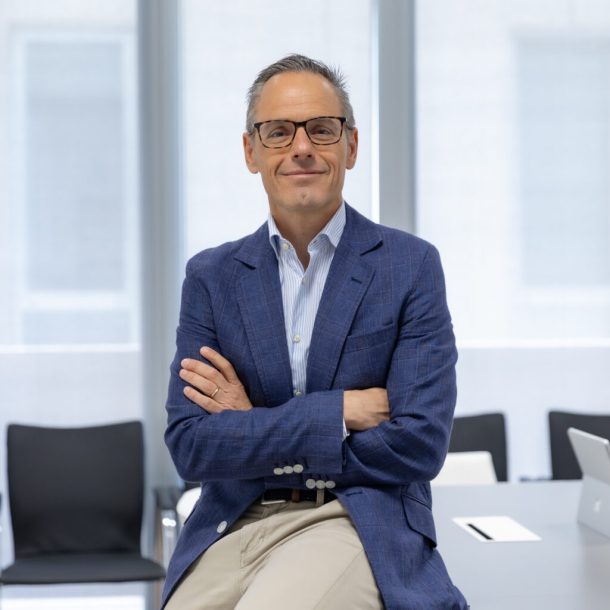
The Ribera group sees technology and data as the way to transform the healthcare system. “What we are doing is rethinking both the data and how healthcare could be adapted, and doing so in real time,” he notes.
Manuel Bosch Arcos
CTO of Ribera
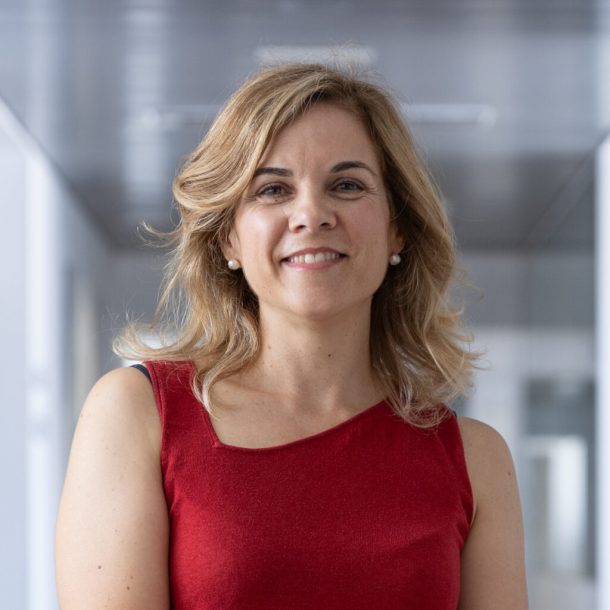
“The advantage is that by using models, you can collect much more information. Not just five items, but up to 30, using variables that are not easy to find, because they may be in the lab results and it is impossible for a person to collect them manually.”
Mireia Ladios Martín
Head of Quality at Ribera and product manager at Futurs.
Related news
Address
Calle Santiago Ramón y Cajal, número 43, 2ª planta Elche 03203 (Alicante)



